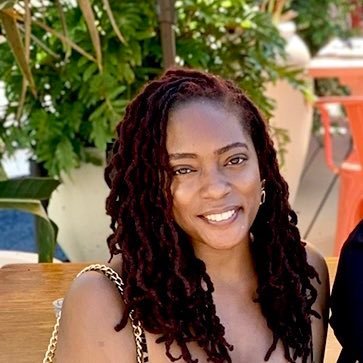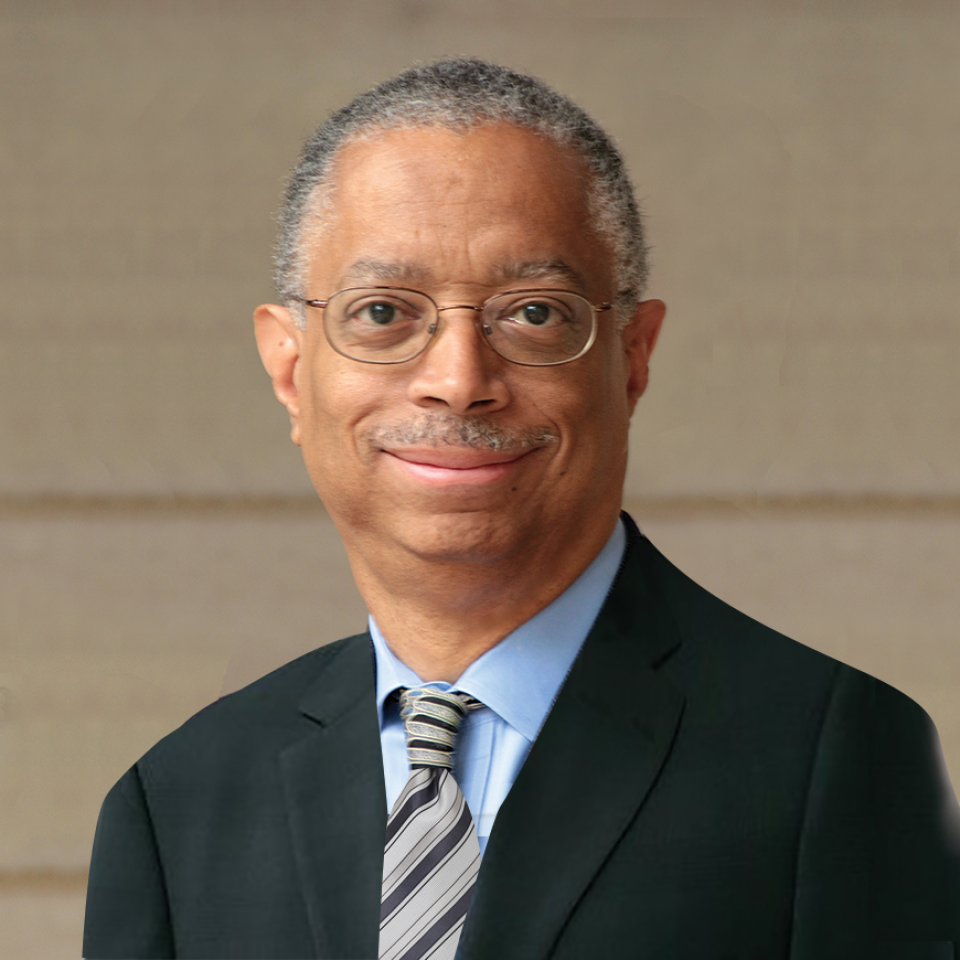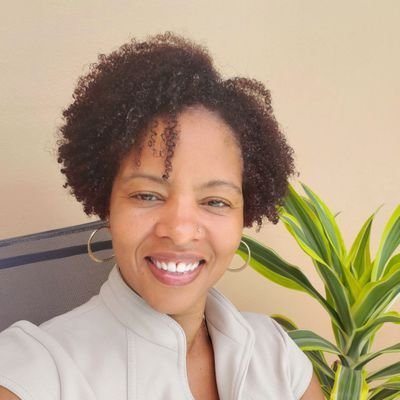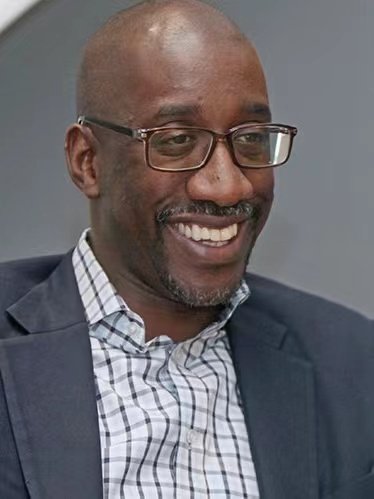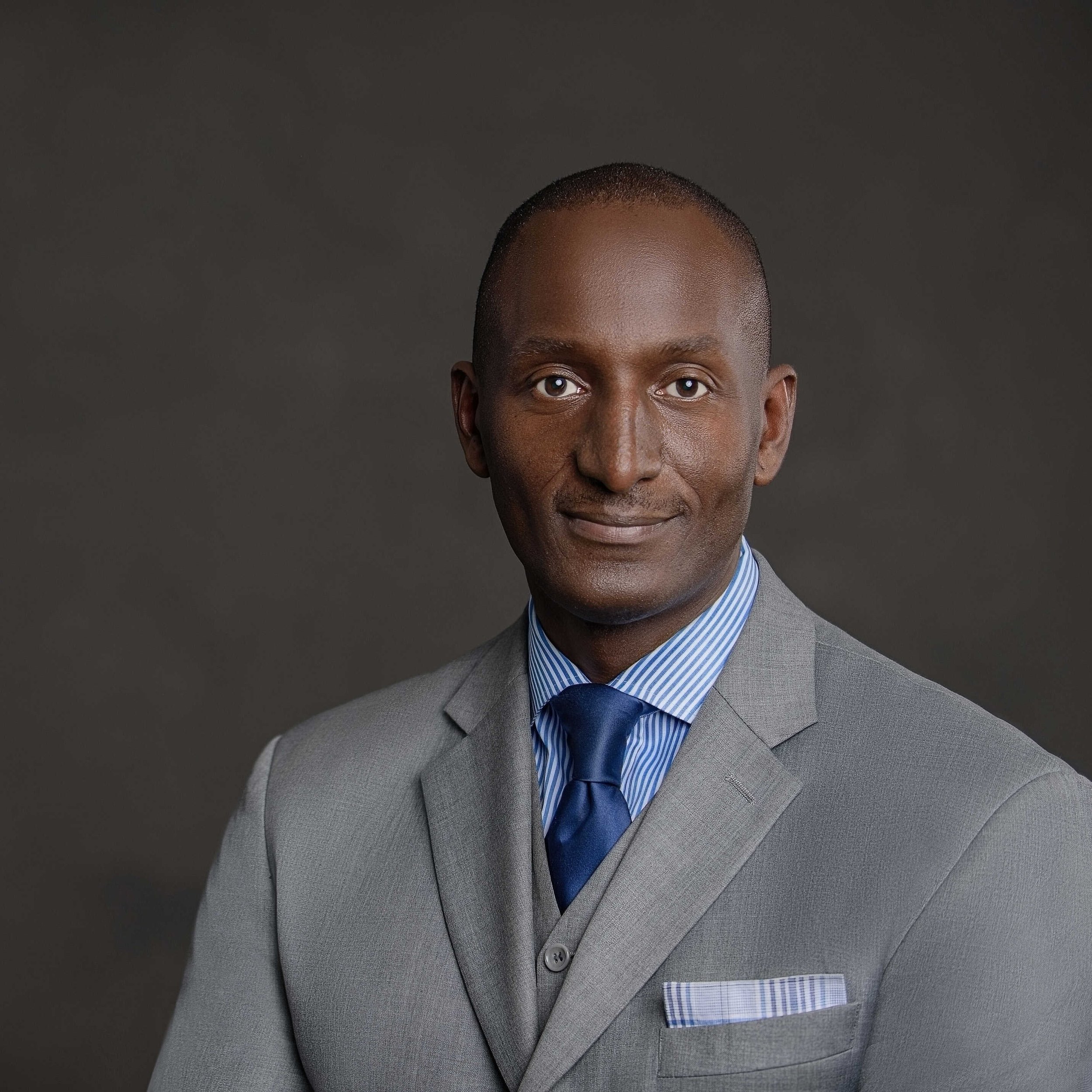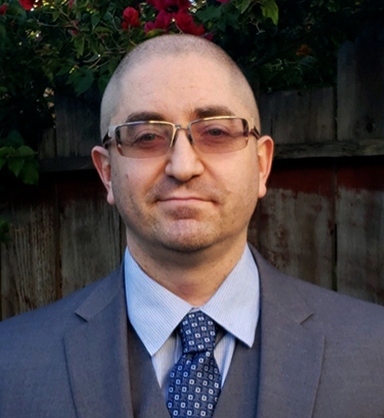Moving From Praxis To Power: Innovative Pre-Institute Marks The Return of SICSS-Howard/Mathematica
This blog post is part of the 2022 series “The Future of Computational Social Science is Black” about SICSS-Howard/Mathematica, the first Summer Institute in Computational Social Science held at a Historically Black College or University. To learn more about SICSS-H/M’s inaugural start, read last year’s blog “Welcome SICSS-Howard/Mathematica 2021” or our first blog “Uncovering new keys to countering anti-Black racism and inequity using computational social science.” If you are interested in applying to participate in SICSS-H/M 2023, check out our website.
With the intention to create an inclusive, diverse, and safe learning space that brings social and computational scientists together, the 2022 Summer Institute in Computational Social Science sponsored by Howard University and Mathematica (SICSS-Howard/Mathematica) once again offered an innovative two-day pre-institute, Praxis to Power for graduate students, postdoctoral researchers, and beginning faculty who needed more time to practice computational methods. This event encouraged our participants to learn from underrepresented faculty and industry experts who shared their lived experiences and engaged with the participants.
The first day, Praxis to Power followed tradition by kicking off with a faculty roundtable entitled “Personal Experiences of African Americans in the Academy.” Howard University affiliates Williams E. Spriggs, an Economics Professor at Howard University and the AFL-CIO’s Chief Economist; Carter Clinton, a postdoctoral scholar and a genetic anthropologist who works as an Assistant Curator at the W. Montague Cobb Research Laboratory; Sandra R. Kalu, an Assistant Professor in the School of Social Work, and Howard alumna Shannell Thomas, an Assistant Professor of the Sociology Department at Bowie State University convened to share wisdom and “real talk” with deeply engaged participants.
Dr. Thomas described her journey as an “epiphany” in which she transitioned from student affairs to classroom teaching with tremendous support: “Because of my social justice work, [I had connections with] African American mentors who were able to guide me to set [my best] foot forward in academia.” Similarly, Dr. Clinton highlighted the importance of lifelong professional learning and networking, noting that in his “[current] position as an assistant curator [he] learned the administrative and political side” of the job. The speakers also talked about how their lives unfolded in academia in a way that goes beyond field-specific professional work. For Dr. Spriggs, being a professor isn’t merely “playing the academic game” but also establishing connections with the real world. He suggested that “even those doing very sympathetic and conscious work don’t always know the specifics of a debate on the ground. The public debate ends up being about very specific issues. Knowing what the real debate is keeps you from being naive as a researcher.” During the roundtable, the guest speakers answered questions and also gave meaningful advice. Dr. Kalu, in her first year of the tenure track at the time, elaborated on how she achieved life balance when transitioning from a PhD student to a professor. She shared that the “pressure to publish didn’t seem as heavy since [she] had a team of colleagues and supporters around.” Other meaningful advice that came out of the roundtable included embracing career advice from others, balancing schedules by setting boundaries, and opening up to opportunities for mentorship and idea exchange outside of one’s home program and departments.
The roundtable was followed by SICSS-H/M’s first live discussion with the author of a career oriented success book: Black Faces in High Places: 10 Strategic Actions for Black Professionals to Reach the Top and Stay There. Co-authors, Randal Pinkett, PhD, MBA, BCT Partners, and Jeffrey A. Robinson, PhD, Rutgers University, introduced the participants to their book and answered questions. All of the participants attending SICSS-Howard/Mathematica as well as all of the speakers received a copy of their book for free.
Dr. Pinkett and Dr. Robinson presented an inspiring strategic action plan for young black professionals based on the authors’ investigations of the trajectories of prominent black leaders. Their advice was based on the book's ten strategic actions which were divided into four levels - exercise self-determination, value exploration, develop self-mastery and find the meaning, network and build power, mentor others, leverage our might, act like an intrapreneur, act like an entrepreneur, transform systems, and seek significance. According to the authors these ten strategic actions build upon each other and formulate a pathway for upward mobility. During their time, the authors specifically addressed self-determination of identity and purpose, the first strategy that served as the cornerstone for the subsequent nine. “Identity is your anchor, it grounds you, and purpose is your compass, it guides you, ” said Dr. Pinkett, “the proverbial winds of pressure, change, and expectations only blow faster as you climb higher in your career trajectory. If you are not anchored and don’t know the direction, you can get easily blown off.” From the first step of self-determination, the speakers elaborated on the subsequent strategies and much more. Intrigued? Learn more in this video.
The “Making Computational Methods Accessible” workshop closed out the first two days of Praxis to Power. While SICSS umbrella provided a series of pre-recorded online bootcamp videos that served as an introduction to R and its applications in the field, this pre-institute workshop gave SICSS-H/M participants a live opportunity to learn and increase R proficiency in a supportive and unapologetically Black positive space. Evan Muzzall PhD, the Head of Software and Services for Data Science at Stanford University, and workshop teaching assistant Jose Martin Aveldanes, a PhD student at the University of California, Berkeley and 2021 SICSS-Bay Area alum ran the workshop.
As Muzzall stated at the beginning of the event, the “goal of the workshop is to introduce you to a variety of computational methods in R for confident and responsible use to your own research. If you are a beginner, you will learn how R fits into a basic computational social science workflow. If you are an existing R user, we will help you to structure R foundations.”
On the first day, the participants were trained on R basics and data wrangling techniques. The workshop covered a variety of concepts from data types, data structures, objects, functions, arguments, and the rows and columns of a data frame. The midwest demographics datasets used for the training were taken from the Stanford Open Policing Project. Muzzall wrapped up the first day of the workshop by guiding the participants through a workflow example that puts all of the R building blocks together.
On the second day, SICSS-H/M alumni who received the inaugural 2021 SICSS-Howard/Mathematica Excellence in Computational Social Science Research Fund shared the progress of their research projects in a live Q&A panel. Read more about their progress in Funded Projects (2021 Update). After the panel, participants were given the opportunity to attend office hours with organizers, review the pre-arrival material, or review the SICSS-H/M exclusive content which included getting to know the SICSS-H/M planning team and the SICSS-H/M community’s efforts in changing the computational social science game. Following this review time, participants continued their R training, with the second day focusing on topics like data reshaping, wrangling, data visualization, and statistical modeling skills.
Praxis to Power 2022 once again offered a welcoming environment for participants to expand or brush up on their skills in preparation for the next two weeks. Praxis to Power is unique to the SICSS-H/M site and is a purposeful shared experience that is a highlight for our incredible community of scholars.
For more information about SICSS-Howard/Mathematica, check out our website, follow us on Twitter, like us on Facebook, and join our email list. Apply now!
About the authors
Naniette H. Coleman is a PhD candidate in the Sociology Department at the University of California, Berkeley and a UC-National Lab In-Residence Graduate Fellow (Los Alamos National Lab). Her work sits at the intersection of the sociology of culture and organizations and focuses on cybersecurity, surveillance, and privacy in the US context. Specifically, Naniette’s research examines how organizations assess risk, make decisions, and respond to data breaches and organizational compliance with state, federal, and international privacy laws. Since 2016, Naniette has directed the AAC&U award winning Interdisciplinary Research Group on Privacy/Coleman Research Lab at Berkeley. Naniette holds a Master of Public Administration with a specialization in Democracy, Politics, and Institutions from the Harvard Kennedy School of Government, and both an M.A. in Economics and a B.A. in Communication from the University at Buffalo, SUNY. A non-traditional student, Naniette’s prior professional experience includes local, state, and federal service, as well as work for two international organizations, and two universities.
Maddy Chen is a fourth-year undergraduate student studying Computer Science at the University of California, Berkeley. Maddy has served as a research assistant, project lead, and lab manager in the AAC&U award-winning, Berkeley based Interdisciplinary Research Group on Privacy/Coleman Research Lab. Maddy plans to pursue a career in software engineering after graduation.
Joy Zhou earned her undergraduate degree from the University of California, Berkeley in Data Science and Economics. She served as a research assistant in the AAC&U award-winning, Berkeley-based Interdisciplinary Research Group on Privacy/Coleman Research Lab.


